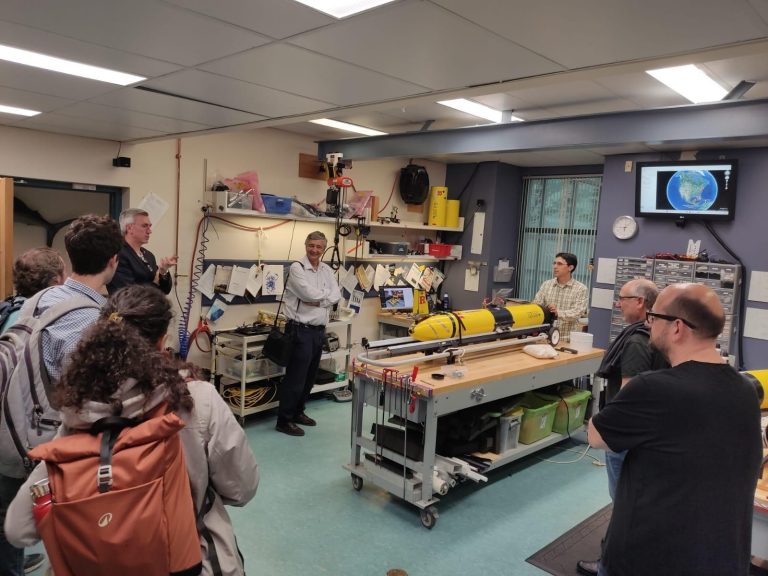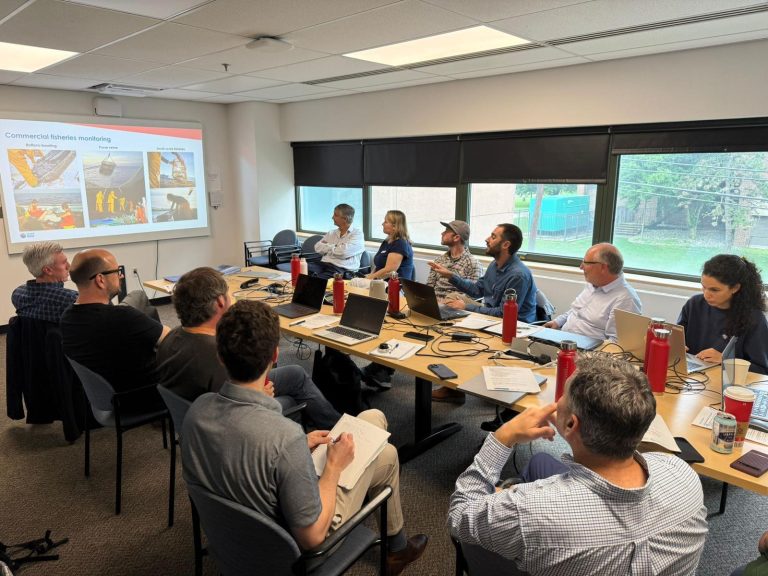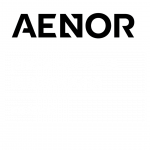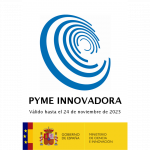On June 17th and 18th, representatives from the Government of Catalonia (GENCAT), ICATMAR, CODAR Ocean Sensors, QAISC, and Qualitas Instruments visited the Center for Ocean Observing Leadership at Rutgers University (New Jersey, USA), one of the world’s most prestigious institutions in operational oceanography and coastal monitoring.
The visit included presentations, technical workshops, and roundtable discussions focused on shared challenges in fisheries management, marine renewable energy, and the integration of high-frequency radar (HF radar) and artificial intelligence (AI) in environmental monitoring. Topics ranged from computer vision and edge computing to real-time analytics for enhanced ocean governance.

As part of the visit, QAISC reaffirmed its role as a leading developer of AI-based technologies for ocean monitoring and sustainable marine governance. The team presented its latest work in machine learning, edge processing, and automated data analysis, applied to marine protected areas and fisheries control. These solutions contribute to more efficient, data-informed decision-making in support of the blue economy and environmental sustainability.

The Catalan delegation also shared current projects led by ICATMAR and explored opportunities for collaboration with Rutgers researchers, CODAR Ocean Sensors, and Qualitas Remos. The visit helped reinforce a shared vision of developing scalable, interoperable, and AI-enhanced systems to support long-term ocean sustainability.
As a gesture of appreciation, Rutgers University presented Laura T., from CODAR Ocean Sensors, with a bound volume compiling over 200 scientific papers based on data collected through CODAR’s HF Radar network — a testament to the long-term value of open-access monitoring infrastructure in advancing marine science.
The visit concluded with a moment of reflection, inspired by a quote from Doug Webb, inventor of the Slocum Glider, prominently displayed at the entrance of the center: “Work hard, have fun, change the world.”
A fitting message that encapsulates the spirit of innovation, collaboration, and shared vision that defined the entire encounter.
QUALITAS ARTIFICIAL INTELLIGENCE & SCIENCE


Copyright © 2024. Qualitas Artificial Intelligence & Science . All rights reserved.